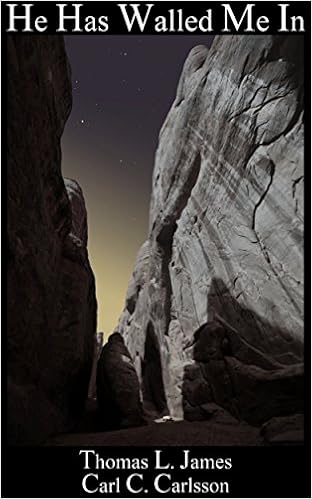This sounds interesting, if a bit pricey, like a cross between Big Dead Place, Endurance, and The Martian (and who knows, probably a bit of Alive! thrown in as well).
Survival and Sacrifice in Mars Exploration: What We Know from Polar Expeditions [Erik Seedhouse]
With current technology, a voyage to Mars and back will take three years. That’s a lot of time for things to go wrong. But sooner or later a commercial enterprise will commit itself to sending humans to Mars.
How will the astronauts survive? Some things to consider are:
• Who decides what medical resources are used for whom?
• What is the relative weight of mission success and the health of the crew?
• Do we allow crewmembers to sacrifice their lives for the good of the mission?
• And what if a crewmember does perish? Do we store the body for return to Earth or give the member a burial in space?
Questions like these, and hundreds of others, have been explored by science fiction, but scant attention has been paid by those designing missions. Fortunately, the experience gained in polar exploration more than 100 years ago provides crews and mission planners with a framework to deal with contingencies and it is this that forms the core of this book.
Why the parallels between polar and space exploration? Because polar exploration offers a better analogy for a Mars mission today than those invoked by the space community. Although astronauts are routinely compared to Lewis and Clark, Mars-bound astronauts will be closer in their roles to polar explorers. And, as much as space has been described as a New Frontier, Mars bears greater similarity to the polar regions, which is why so much can be learned from those who ventured there.
Note that even though we’ve written young-adult SF, we haven’t shied away from these sorts of questions, and indeed In the Shadow of Ares opens with the death of the entire third expedition to Mars, which mystery forms the core of the novel. Likewise, a dramatic mass-casuality accident forms the background of our new short story, He Has Walled Me In, and the story itself has origins in my having read Laurence Gonzales’ Deep Survival.
